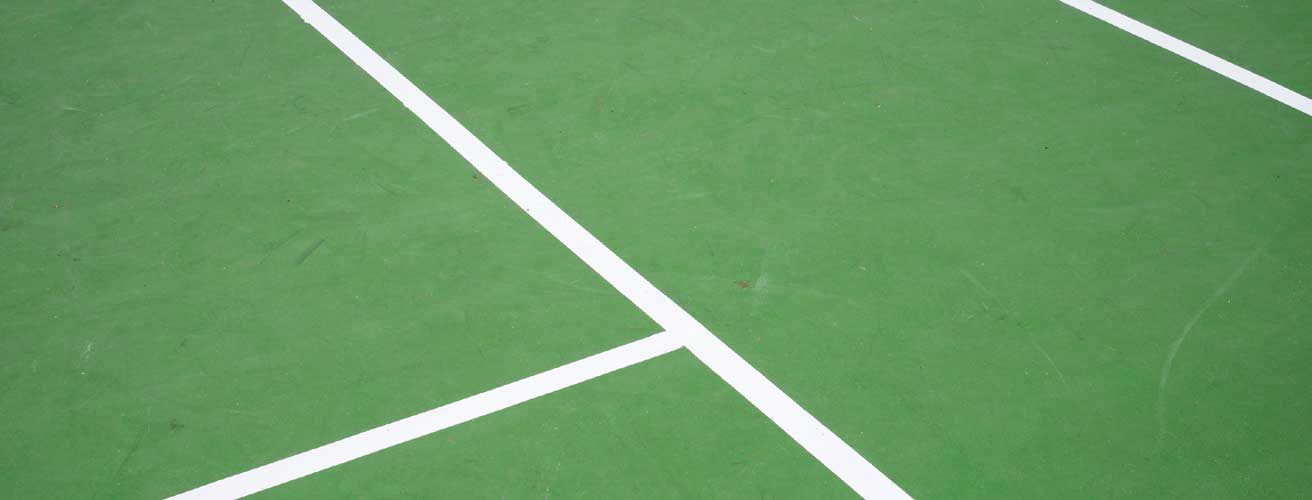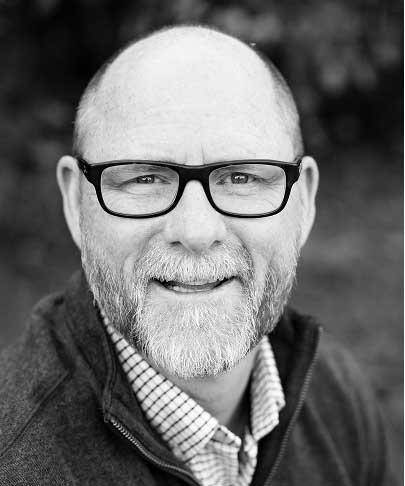
Sports Psychologist, Jim Loehr spent hundreds of hours watching world-class tennis players and studying their matches, with the goal of understanding what set apart the greatest competitors in the world from the rest of the pack.
Initially Loehr could detect almost no significant differences in their competitive habits during points. It was only when he began to notice what they did between points that he suddenly saw the difference.
The best players were using the time between points to maximize their recovery.

World-class players had each built almost exactly the same set of routines between points. These included the way they walked back to the baseline after a point; how they held their heads and shoulders; where they focused their eyes; the pattern of their breathing; and even the way they talked to themselves.
The concept of maximising performance by alternating periods of activity with periods of rest was first advanced by Flavius Philostratus (AD 170-245), who wrote training manuals for Greek athletes, and “work-rest”ratios lie at the heart of periodisation, a training method used by elite athletes throughout the world today.
These players also had higher heart rate variability (HRV) during matches. The heart rate of top competitors dropped as much as twenty beats per minute between points. By building highly efficient and focused recovery routines, these players had found a way to derive extraordinary energy renewal in a very short period of time.
Lesser competitors had no comparable routines between points, so their heart rates often remained at high levels throughout their matches, meaning they had low HRV, regardless of their level of fitness.
The best competitors were using rituals to be more energy efficient, to build in recovery whenever possible and to better prepare for each upcoming point.
Imagine two players of relatively equal talent and fitness in the third hour of a match. One has been regularly recovering between points, while the other has not. The second player will be far more physically fatigued, making the player more susceptible to negative emotions such as anger and frustration, to muscular tension from a higher heart rate and to greater difficulty concentrating.
Loehr’s research showed that the lower a player’s Heart Rate Variability (HRV), meaning the less variability in their heart rate while they were playing, the worse they tended to play and the more likely it was that they lost their matches. Too much energy expenditure without sufficient recovery caused their heart rates to become chronically elevated. Their performance was equally compromised when their heart rates remained chronically low – typically a sign that they were not committed enough or had given up the fight.
All of Jim Loehr’s observations about world-class tennis players are relevant to executives in the corporate world.
Imagine two executives of relatively equal talent and fitness in the corporate world. One has been regularly recovering “between points”, while the other has not. The second executive will be far more physically fatigued, and because of that will be more susceptible to negative emotions such as anger and frustration, to muscular tension from a higher heart rate and to greater difficulty concentrating.
Devising rituals that allow you to recover physically, emotionally and mentally and finding ways to seamlessly integrate these rituals into your working day, will help you to build in recovery effortlessly and to consistently show up at your best.
As you regularly replace energy you expend throughout the working day, you avoid extreme fatigue and reduce your susceptibility to negative emotions, physical ailments and lapses in concentration, all of which ultimately undermine performance and productivity.
By becoming more attuned to what supports you in showing up at your best, you avoid peaks and troughs in your productivity and perform more consistently throughout the day, week, month and year.
Try these tips to feel more energised and engaged in the afternoon:

Don’t eat until you feel full. Sense into the difference between feeling full and being satisfied or having enough. Become more attuned to how much you need to eat based on season, schedule and exercise level. The goal is to feel vibrant energy so if you’re feeling sluggish, you may be overeating.
Avoid empty calories: Nutrient dense foods provide the same nutritional value in lower quantities so there is less bulk for our bodies to deal with.
Chew! It takes 20 mins for food to hit your stomach so chewing slowly (and aiming for 50 chews per mouthful) gives your body time to sense the food you are eating and register that you have eaten enough. Chewing also supports the digestion process so there is less work for your body to do.
Gráinne is very warm and has a trusting energy. I feel very fortunate to have come across someone with such an interesting approach and sense for the spirit and soul.
Grainne’s support made a remarkable difference to my wellbeing. She helped me manage burnout during a crisis and provided tools to make me feel resourced and supported.
Grainne has been instrumental in helping me balance my work and home life more effectively. She gave me frameworks, offered thoughtful questions, and relevant resources that helped me feel grounded while managing competing priorities, making this balance not just achievable but sustainable.
My coach Grainne guides and nurtures all of me, as a leader and as a human being.
I am the co-lead of a team of 89 FTEs in Europe, going through an internal change process in Europe and I highly appreciate Grainne’s professional background. She knows what I am talking about when I tell her about the challenges in my leadership role.
Her powerful coaching enables me to look at my challenges from different angles. I love the unique mix of tools and methods Grainne brings to our sessions – always showing up with her heart and mind. She lives her values and her teachings. We structure my organigram, we put major topics or colleagues into constellations so that I can see more clearly where I stand thus being able to act in a more thought through way. Grainne guides me through Yoga Nidra sessions that empower me on stressful days. I particularly enjoy it when Grainne takes me on a visualization journey that enables me to go so much deeper and discover hidden solutions.
Grainne’s coaching has enhanced my confidence and clarity as a leader,enabling me to recognise my strengths and contributions within my organisation.
Her guidance during a particularly stressful period helped me navigate professional challenges with resilience and implement lasting strategies that enabled me to show up for myself and my team with integrity.
I am incredibly grateful for Grainne’s generosity, insight, and support. I couldn’t recommend her more highly to anyone looking to reflect, grow, and explore their potential with curiosity and care.
Working with Grainne was an incredible experience. She helped me unlock and reframe challenges I was facing both at work and in my personal life. I was able to make more headway on my professional goals during the four months Grainne and I worked together than I was in the previous year. Most importantly, Grainne was encouraging, empathetic, and pushed me to really put myself first as a working mom. She helped me find a new level of wellbeing that I needed so much. Grainne truly was a blessing to me at just the right time.
Working with Grainne has been eye-opening in so many ways. Through the coaching sessions she’s helped me increase my self-awareness significantly and use that knowledge to make better decisions. I am now able to see opportunities I’d never even thought of, and identify self-beliefs I didn’t even realize I had, which had been preventing me from achieving my full leadership potential, both within my organization and in my own life.
Her warmth will make you feel at ease, but at the same time she is very committed and goal oriented, and hence will push you and challenge you, gently but surely, in order to drive you forward.
Grainne has a super style, she is an individual who puts individuals at ease whilst also being able to ask the questions which will open up both the individual and team thinking.
She also has an innate curiosity and therefore researched all the key information which would enable us to consider some key questions and get some key answers!
She is a skillful influencer as not everyone on the team was originally supportive of our approach but now recognise the value of the work we have done.
I think the proof is in our results, we have surpassed our wide ranging goals.
Personally I am truly grateful to Grainne for her support as initially I was the person driving this change, the great thing is that it is now owned by the team which speaks for itself.